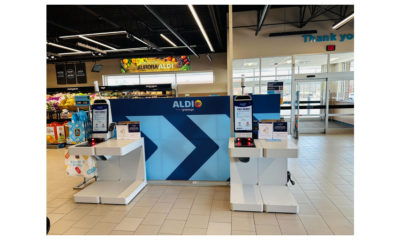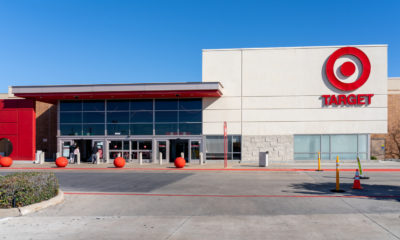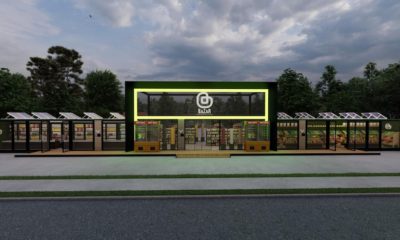Andrew Carnegie managed to build one of the most integrated businesses in history before selling it to J.P. Morgan for $480 billion. The company he built is directly attributed with the rapid growth and development of major cities across America in the latter half of the 1800s. Interesting, for sure, but I’m sure you are asking, “What does this have to do with Amazon?”
Well, I’m glad you ask. I was sitting at a traffic light one morning about a month ago. (This is a particularly long traffic light, legendary, in fact, for its length of red and shortness of green. I know this because I sit at this particular light every morning in my daily attempt to get to the train station on the other side of it before my intended train arrives.) On this day, I noticed four white vans also waiting at this light. They were mostly unmarked, except for the small Amazon logo on the driver’s-side door. They were basically surrounding me in the two-lane roadway. It was kind of an eerie feeling, sort of what I imagine Tom Cruise is supposed to be experiencing in one of those Mission Impossible movies.
So the light turns green, and these vans slowly start to move forward, obviously unfamiliar with their surroundings. Meanwhile, I’m anxiously inching closer and closer to the bumper of the van in front of me, trying to herd the van quickly through the light like my Border Collie herds me when he needs to go outside. Finally, we collectively get through the light, and I use my best “Ethan Hunt” driving skills to maneuver past the pesky vans and get to the train station as my train pulls in.
As I clamber into my seat on the train, I ponder the trials of the last 10 minutes of my morning. What I came to realize was that I had just experienced the ramifications of the expansion of Amazon Prime. Amazon must have opened a new point of distribution in my area, and these vans were probably headed to Teterboro Airport, just down the road from the train station, for either a pick-up, a drop-off, or possibly both.
These vans have now become my constant companions at the world’s longest light each and every morning. I do have to say that at least they have figured out that it is the driver’s civic responsibility to get through this light as quickly as possible to allow the most number of cars through before it once again turns red. It’s a small consolation, however, to the added vehicular volume on the road in an already-congested area. I think about this relative to other cities across the country, cities where I’ve observed their traffic volume increase over the years as the urban populations expand, and foresee this worsening exponentially in the near future as Amazon Prime continues to expand … and as the competition attempts to compete.
To make matters worse, I recently read of Amazon leasing 20 cargo planes (which supposedly doubled the amount they already had) to supplement their shipping capabilities as the demands of Prime have maxed out freight capacity on UPS and FedEx. So as Amazon builds its fleet of cargo planes, they will add these flights to the already-crowded air patterns over major U.S. cities, and I suspect this will impact the availability and “on-time” performance of civilian air travel just as it’s impacting our roads.
Advertisement
I foresee a potential need for a decrease of domestic flight offerings because Amazon will be willing to “buy” the air time and flight patterns they need to enable the ever-widening Prime expansion. I’m not sure how it works now, but if the government needs additional revenue, who can say whether public or private interests will prevail. I mean, really, everything is for sale, isn’t it? I know I sound like a nimby, but seriously, I for one have no patience for impending negative impacts to my ability to get around just because someone doesn’t want to go to the grocery store for toilet paper.
Kathleen Jordan, AIA, CID, LEED AP, is a principal in Gensler’s New York office, and a leader of its retail practice with over 24 years of experience across the United States and internationally. Jordan has led a broad range of retail design projects as both an outside consultant and as an in-house designer. She has led projects from merchandising and design development all the way through construction documentation and administration, and many of her projects have earned national and international design awards. Contact her at kathleen_jordan@gensler.com.


 Photo Gallery1 week ago
Photo Gallery1 week ago
 Headlines1 week ago
Headlines1 week ago
 Headlines2 days ago
Headlines2 days ago
 Headlines1 week ago
Headlines1 week ago
 Headlines1 week ago
Headlines1 week ago
 Designer Dozen2 weeks ago
Designer Dozen2 weeks ago
 Designer Dozen6 days ago
Designer Dozen6 days ago
 Headlines1 week ago
Headlines1 week ago















